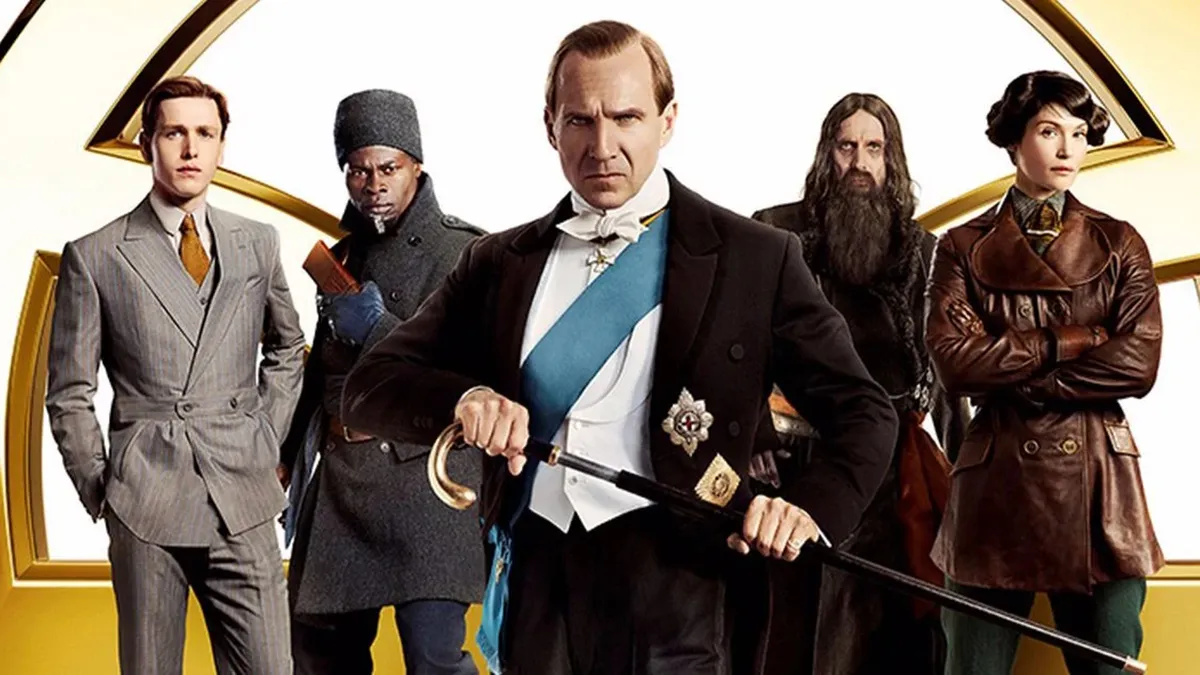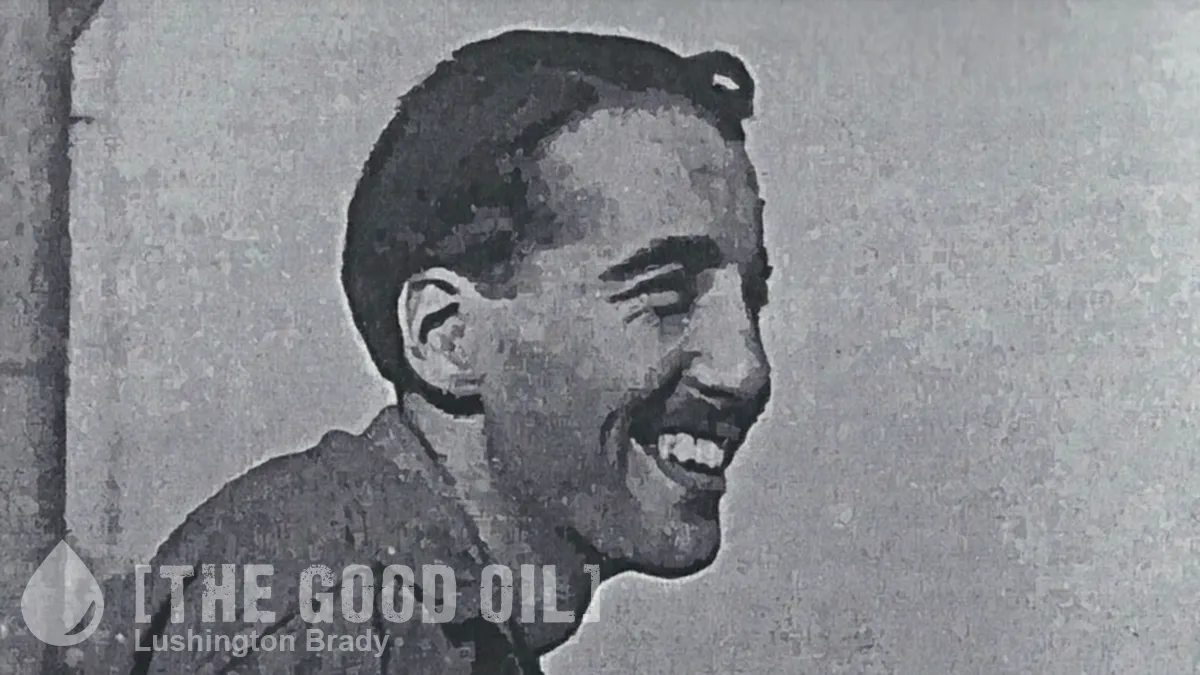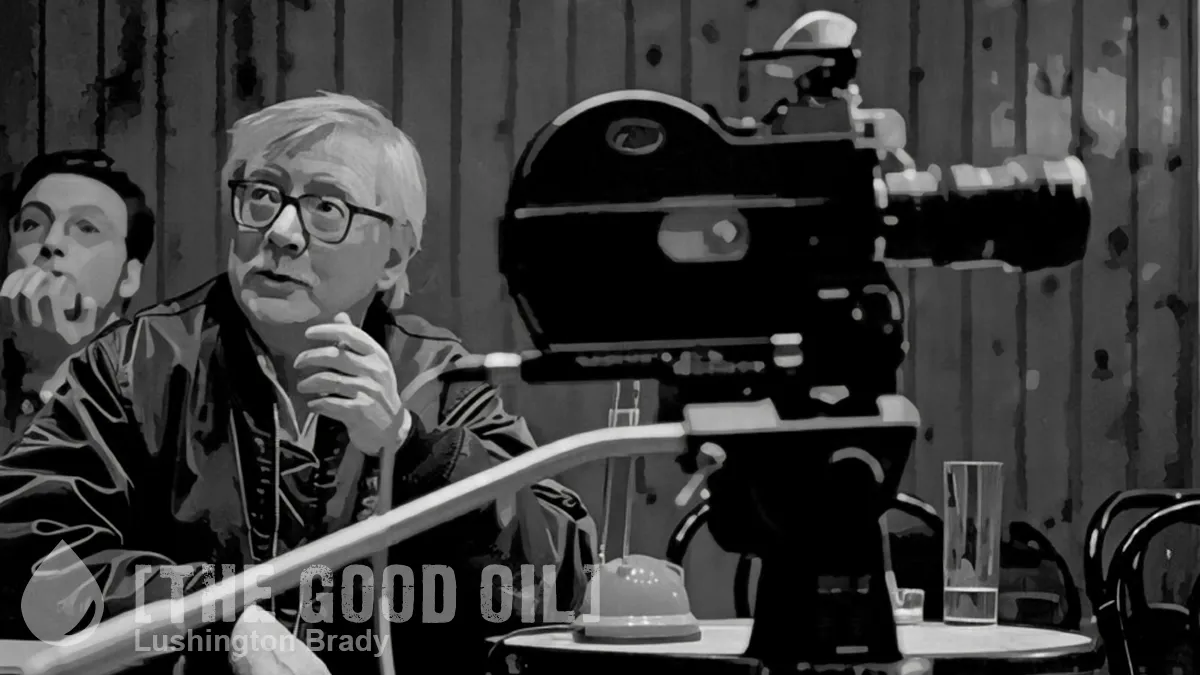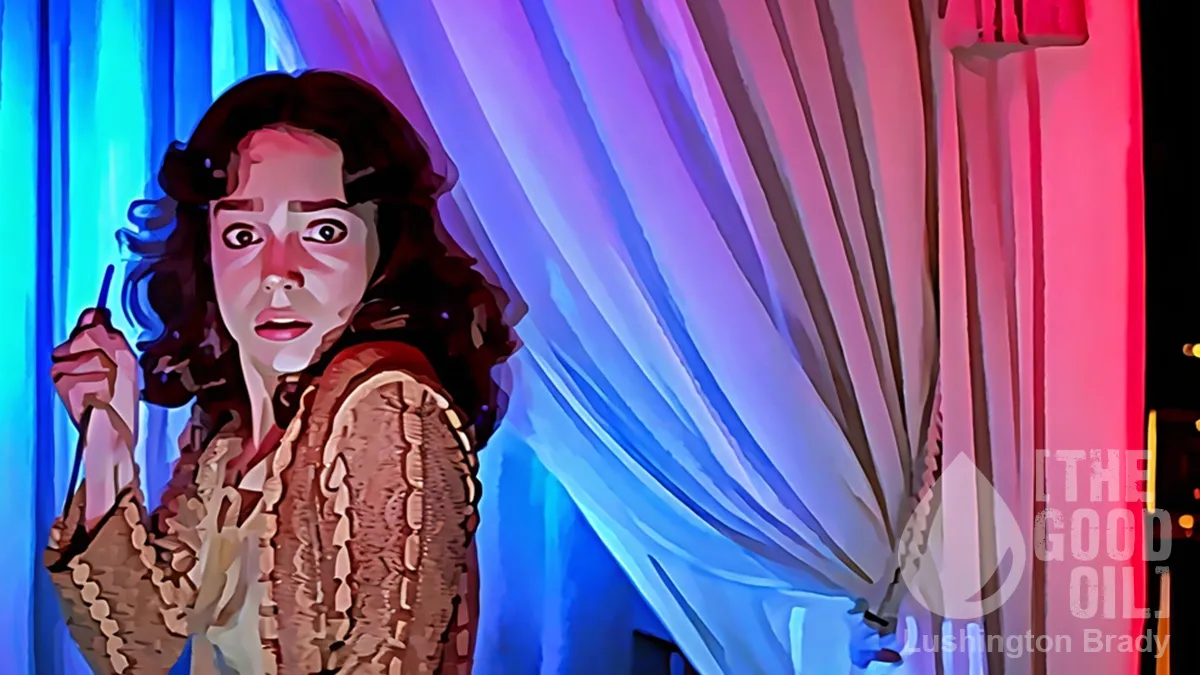Table of Contents
In the annals of Great Movie Franchises, the Kingsman series may not be up there with Star Wars, Indiana Jones, or James Bond, but they’ve carved out a respectable niche for themselves. Like, say, Stephen Sommers’ Mummy films, they’re at worst fun, action-adventure films, with engaging stars and interesting stories. In the classic arc of movie trilogies, they’ve had the sparkling, fun original, a difficult follow-up, and… well, The King’s Man is perhaps not quite Back to the Future III.
It’s more Return of the Jedi: satisfying, if slightly flawed. I mean, c’mon, does anyone really think that the Ewoks, and especially their Yub Nub singalong, weren’t 100% cringe? Let’s face it, they only look tolerable now because Jar-Jar Binks happened.
But, I digress: I was talking about The King’s Man.
In case you’re not familiar with the Kingsman series, they revolve around an above-top-secret British secret service, run from a tailor’s shop in Savile Row. Think James Bond with better manners and less womanising, or Mission Impossible with impeccable tailoring. An updated version of Steed from The Avengers, but with a chav as sidekick, rather than Honor Blackman. The series is characterised by rollicking action, violently stylised set-pieces, and very, very British manners.
The franchise kicked off with Kingsman: The Secret Service, in which working-class “lad”, Gary “Eggsy” Unwin, a marines dropout, is recruited by the Kingsmen. The movie was successful enough to spawn a sequel, Kingsman: The Golden Circle. The sequel, which was criticised as “more of the same, but not as creative” at least did respectably enough at the box office to get a third movie greenlit.
Unfortunately, covid intervened, and The King’s Man seemed to come and go without much fanfare. But now that it’s available on streaming, we can at least get to see what we missed: a fun, enjoyable movie that’s not without its flaws, but those don’t really matter, anyway.
More importantly, The King’s Man is an object lesson in how to do “diversity” (Hollywood’s ruling fetish) right.
From the start, critics dismissed the Kingsman series as “reactionary” and “Tory”. Mostly, it seems, because it featured a bunch of well-mannered, impeccably dressed white men behaving like very British gentlemen, while kicking arse. The King’s Man features a strong female and a strong black lead — without being patronising, pandering or sacrificing rousing good fun to The Message.
This is more remarkable in that The King’s Man is in fact prequel, starting off in the closing years of the 19th century, with the Boer war. Ralph Fiennes (who seems to be metamorphosing into David Warner with each passing year) is the Duke of Oxford, a Red Cross representative visiting a British concentration camp during the Boer War with his wife and young son in tow. A surprise sniper attack leads to tragedy, and the Duke becomes an avowed pacifist. Fast forward to the eve of WWI and the Duke is increasingly struggling to reconcile his real role as a secret agent for the Empire (and personal friend of Kitchener, played by, of course, Charles Dance) with his pacifism — and a now-teenaged son Conrad (Harris Dickinson) desperate to join in the great adventure of his generation.
The story is brilliantly interwoven with the actual history of the era: a mysterious Evil Genius rules over a secret society, “The Flock”, that includes everyone from Mata Hari to Rasputin (played with scenery-chewing relish by Rhys Ifans) and Lenin, while the Duke and Conrad manage to be present at every epoch-shaping event from the assassination of the Archduke in Sarajevo, to the death of Rasputin in St. Petersburg (history buffs will enjoy spotting every character and moment).
In the end, the Duke realises that some things are indeed worth fighting for, and with his faithful servants-turned-spies, Polly (Gemma Arterton) and Shola (Djimon Hounsou), sets out to confront the evil, mysterious “Shepherd”.
The King’s Man is a wonderfully-executed update of the “Ripping Yarn” genre, reconfigured for modern sensibilities without being painfully woke. Polly and Shola are, in fact, exactly the sort of characters you’d find in old Ripping Yarns: the plucky gal and the brave, faithful sepoy. In their modern incarnations, they’re exactly the sort of characters you’ve come to dread in any modern “re-imagining”: the Strong Female Character and the Strong BIPOC Character… except, that’s not what they are at all. They’re strong characters, full stop.
The sole fault of The King’s Man is its antagonist: “The Shepherd” is built up as a mysterious character whose real identity is never revealed until the climax. Except, when it is, it turns out to be a character you’d almost forgotten about from early in the film. Instead of being a jaw-dropper, it’s more, “Oh… that guy… OK”.
Otherwise, The King’s Man has everything you’d want from the series: lively entertainment, dazzling action sequences (the duel-to-the-death with Rasputin is a cossack-dancing, sword-swinging tour de force that’s the easy highlight of the film… apart from my personal favourite, a time-lapse shot showing the scab of No Man’s Land spreading across the French countryside) and a story (mostly) well told. Including one truly ballsy story-twist that took even me by surprise.
All without bludgeoning home The Message.
It’s not a movie that’s going to change your life, but it’s easy-to-digest fun that doesn’t insult your intelligence or beat you over the head with woke messaging. That in itself is a startling rarity in modern cinema.









